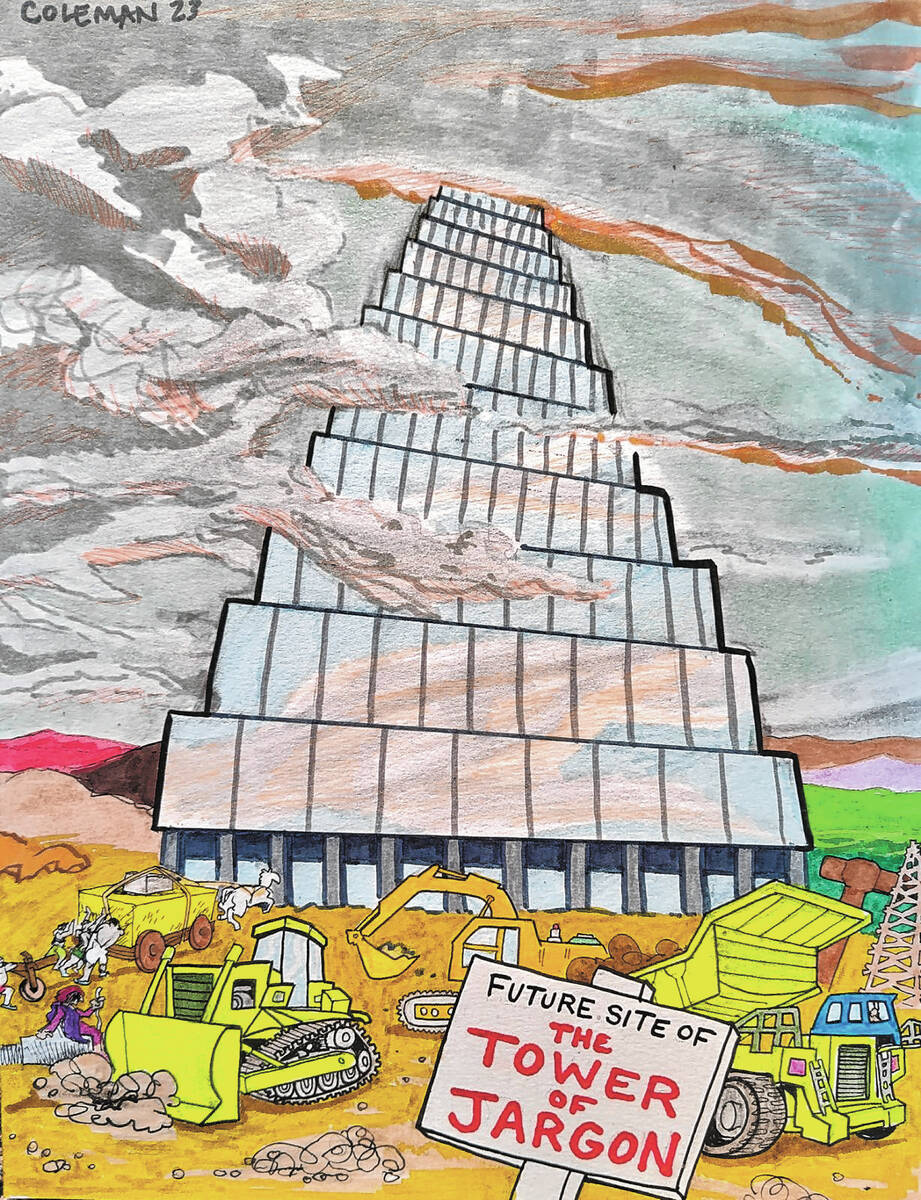EDITORIAL: Federal government wastes billions on empty offices
“Office Space” may be a comedy classic, but the government’s version is no laughing matter.
Last month, the U.S. Government Accountability Office released a report on how federal agencies use — or don’t use — their headquarters. It examined 24 agencies, including the departments of Justice, Education and Transportation.
It found that 17 of the 24 agency headquarters buildings “were at 25 percent capacity or less in the first three months of 2023.” Among the bottom quartile of agencies, the usage was a mere 9 percent. Even among the agencies that used their headquarters’ space the most, none topped 50 percent occupancy.
This is an issue with a large footprint. The federal government owns more than 460 million square feet of office space. Maintaining it costs taxpayers billions every year. It’s wasteful to have so much unused space.
One might assume this is a new problem. Perhaps the federal government has been slow to adjust to remote work and the bureaucracy just hasn’t had time to recalculate how much space is needed. Undoubtedly, that’s a factor, but it’s not the underlying one.
“Even before the pandemic shifted the balance between in-office and remote work, federal agencies struggled to identify and let go of unneeded space,” the GAO noted. “Operating unused space has unnecessary financial and environmental costs — one reason federal property management has been on our High Risk List since 2003.”
Two decades of mismanagement isn’t just a problem. It’s a pattern — and it’s not surprising. If you’re running a federal agency, accumulating office space is a sign of prestige. It reflects the importance of your agency and implies that the work you’re doing is important. Just look at the size of that office building.
Largess in the private sector happens, too, but economic downturns and competitive pressures act as self-correcting mechanisms. Private-sector companies have an incentive — the profit motive — to use only what is necessary and scale back when needed.
That doesn’t happen in government. Cutting back on office space may mean a smaller agency budget. And because most government bureaucracies rarely experience actual budget cuts — and can’t go bankrupt thanks to a steady stream of other people’s money — downsizing doesn’t happen.
The GAO recommends that agencies develop new benchmarks for measuring building use. Expect those agencies to agree with that suggestion and then try to ignore it. After all, it’s only taxpayer money. Congress should monitor progress and demand that federal agencies adopt a more efficient approach to office space.
This commentary initially appeared in the Las Vegas Review-Journal.

















